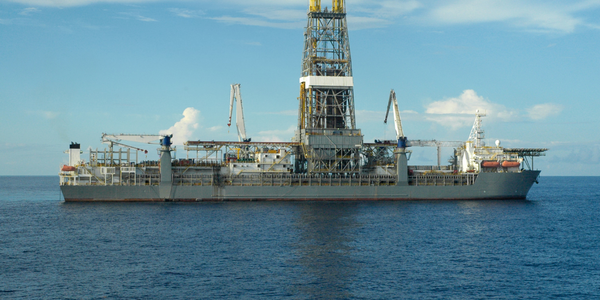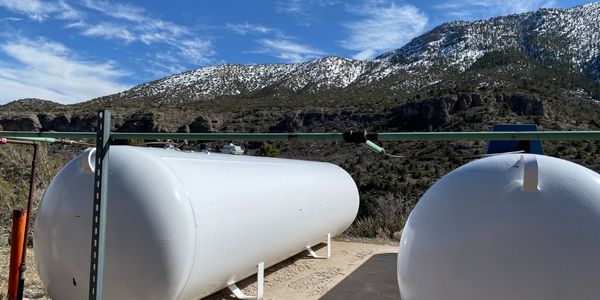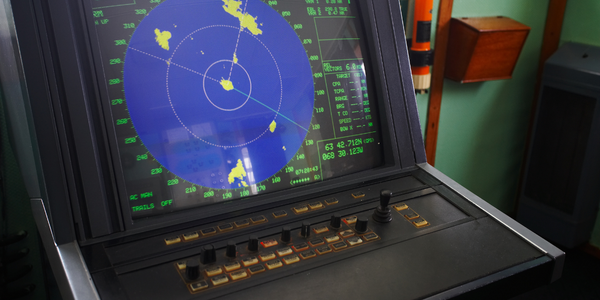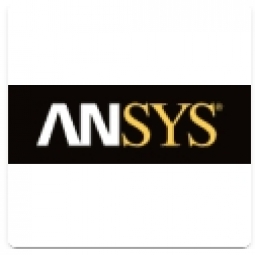下载PDF
3Discovered Leverages SpaceClaim for Efficient 3D Printing
技术
- 平台即服务 (PaaS) - 应用开发平台
适用行业
- 水泥
- 海洋与航运
适用功能
- 采购
- 产品研发
用例
- 添加剂制造
- 虚拟原型与产品测试
服务
- 培训
挑战
3Discovered 是一个商业级 3D 打印零件和产品的交换平台,在寻找适合其启动预算的 3D 建模软件包方面面临着挑战。他们需要一种解决方案,能够快速转变打印设计并处理各种格式的模型或基于 3D 扫描进行设计。该公司还正在处理逆向工程问题,因为他们经常收到设计所有者和客户的工作,要求他们在与 3D 打印公司合作之前需要执行此过程。他们尝试过的现有软件解决方案(例如 Inventor 或 SolidWorks)无法处理逆向工程中涉及的大量方面,并且经常会崩溃。
关于客户
3Discovered 是一个成立于 2013 年的交易平台。该公司促进商业级 3D 打印零件和产品的购买、销售和制造。它实现了想要产品的客户、产品设计所有者以及制造和运输最终产品的第三方 3D 打印服务机构之间的交易。该交换的工作原理是提供设计,客户可以选择这些设计并将其发送到各地认可的印刷合作伙伴处进行印刷。最近,3Discovered 还开始接受有逆向工程需求的设计所有者和客户的工作,然后才能与 3D 打印公司合作。
解决方案
3Discovered 在 SpaceClaim 中找到了解决方案,这是他们在 GoMeasure3D 调查 3D 扫描仪时发现的一款 3D 建模软件。 SpaceClaim 能够处理 3D 扫描和实体模型工作,这对 3Discovered 来说是一个显着优势。事实证明,该软件易于使用和学习,即使对于没有丰富建模经验或任何逆向工程经验的工程师来说也是如此。两天之内,团队就能够轻松处理基本工作,两周后,他们就可以处理更复杂的工作。两个月后,他们确信没有什么是他们无法使用 SpaceClaim 进行逆向工程的。该软件还允许他们分割零件或执行任何其他操作以使其可打印。
运营影响
数量效益
相关案例.

Case Study
System 800xA at Indian Cement Plants
Chettinad Cement recognized that further efficiencies could be achieved in its cement manufacturing process. It looked to investing in comprehensive operational and control technologies to manage and derive productivity and energy efficiency gains from the assets on Line 2, their second plant in India.

Case Study
Drill ship power challenge: hybrid solution solves distribution issues
Aspin Kemp & Associates (AKA), a manufacturer of electrical power and control systems headquartered in Montague, PEI, encountered one with its hybrid power initiative, the first hybrid drill floor destined for installation on ultra-deepwater drill ships operated by Transocean, Swiss offshore drilling contractors. Since on-site modification was impossible and scrap recycling of any modifications was unacceptable, the enclosures had to arrive ready-to-install.

Case Study
Ensures Tanker Safety and Emissions Compliance
Storage tanks are irregular in shape and a certain amount of mathematical modelling is required to get an accurate representation of volume and, more importantly, the weight of material in each tank. In addition, countries have different emission regulations, so the ships position needed to be accurately known in order to geotag emission data.

Case Study
Real-time Networked Sonar System for Ships
A multinational, knowledge-based corporation that delivers marine electronics solutions is utilizing industrial Ethernet technology to help ensure that operations at sea are dependable and optimal. Based in Europe, the company has nearly 4000 employees working in 20 countries around the world, and produces high-tech systems for offshore oil and gas operations, merchant marine systems, and various applications for the defense and aerospace industries. The company produces products and systems used by merchant vessels and offshore installations for positioning, navigation, automation, as well as for surveying and monitoring the seabed, and for fishing vessels and fi sheries research. As one of the major suppliers of high quality marine electronics in the world, their products include chart plotters for yachts, triple redundant dynamic positioning systems for oil drilling rigs, and sonar and instrument systems for scientifi c research vessels. Products used for marine applications must be rugged enough to endure the corrosive effects of salt water, and be able to withstand excessive amounts of vibration and shock. For this reason, the company only uses DNV and GL certified products and components to ensure that their systems can meet the high standards required by the maritime industry.

Case Study
Digital Transformation of Atlanta Grout & Tile: An IoT Case Study
Atlanta Grout & Tile, a Tile, Stone & Grout restoration company based in Woodstock, Georgia, was facing challenges with its traditional business model. Despite steady growth over the years, the company was falling behind the web revolution and missing out on the opportunity to tap into a new consumer base. They were using independent software from different vendors for each of their department information and workforce management. This resulted in a lot of manual work on excel and the need to export/import data between different systems. This not only increased overhead costs but also slowed down their response to clients. The company also had to prepare numerous reports manually and lacked access to customer trends for effective business decision-making.






